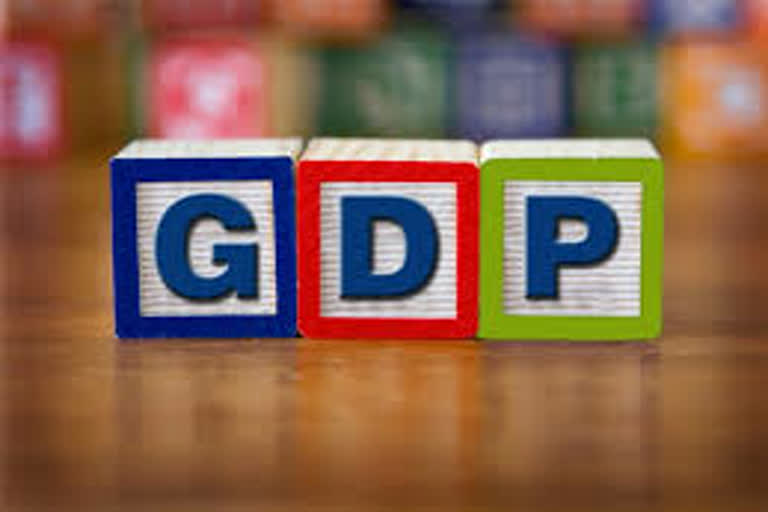New Delhi: Doubts about the veracity of the new series of GDP launched in 2015 have resurfaced after a new National Sample Survey Office (NSSO) report showed that around 39 per cent of companies in the MCA-21 database, used for GDP calculation, could not be traced or surveyed.
"Out of the 39 per cent out-of-survey units in MCA, 21 per cent were found to be out of coverage and another 12 per cent were non-traceable (which in number is nearly 4,000 units)," said the report.
These companies were described as "active" companies by the Ministry of Corporate Affairs.
This revelation casts a further shadow on the new series of GDP data, which had shown a significant drop in the growth estimate for the UPA administration.
The usage of MCA-21 data was started with the new series in 2015, instead of the previous data taken from the Reserve Bank of India. Several statisticians and economists have raised concerns over the accuracy of the data since its inception.
R. Nagaraj, a professor at the Indira Gandhi Institute of Development Research in Mumbai said that this report vindicates the critics' stand including his on doubts over the MCA data.
"This is a damaging report for the CSO," Nagaraj said.
"The general criticism was that there was a large proportion of these so-called active could be non-working companies. They may not produce goods and services, although they legally exist on paper," he added. Nagaraj was among the first people to raise concerns over this.
Read more:Builders to refund GST on cancellation of flats booked in FY19
The report noted that non-response of a large number of units was a major setback for the survey. "This happened due to unit non-response, closure of the unit, unit found to be the one other than headquarter, unit out of coverage or unit non-traceable," it said.
The recent figures raise fresh concerns as the older GDP series relied on a survey of companies conducted by the Reserve Bank of India for the private corporate sector, while the newer one employed the 'MCA-21' database maintained by the Ministry of Corporate Affairs that contains a list of registered companies.
In the appendix of the report titled Technical Report on Services Sector Enterprises in India, NSSO said: "Many units, particularly of MCA list were not identifiable due to lack of proper or adequate postal addresses. Therefore, many notices could not be delivered."
The report observed that in many cases, the selected enterprises either did not prepare their annual audit reports for 2015-16 or did not prepare balance sheets any time before.A
"This resulted in delay in the progress of the survey and increase in the number of non-response cases," it said.
The NSS 74th round survey was a first of its kind survey for the service sector in the country.
Pronab Sen, India's former Chief Statistician, however, denied that revelation casts a shadow on the GDP data but said that it shows that "there are many more shell companies than we had thought."
He suggested that the new government should take note of the concerns over the veracity of statistical data in the country.
"I would seriously hope that the new government would take the recent incidents seriously and give the statistical system the autonomy which is required," Sen added.



